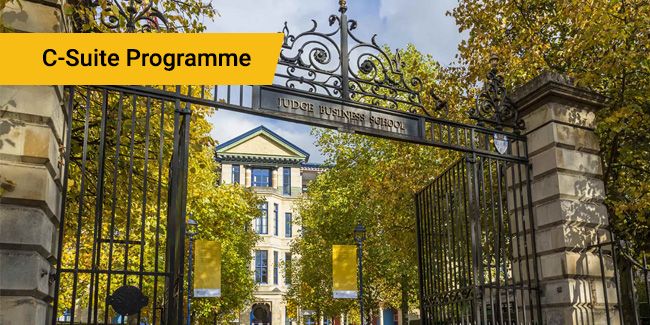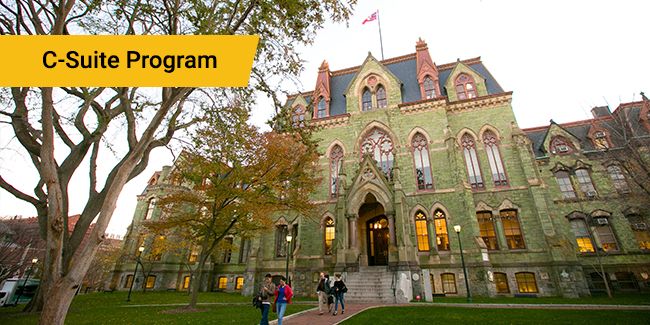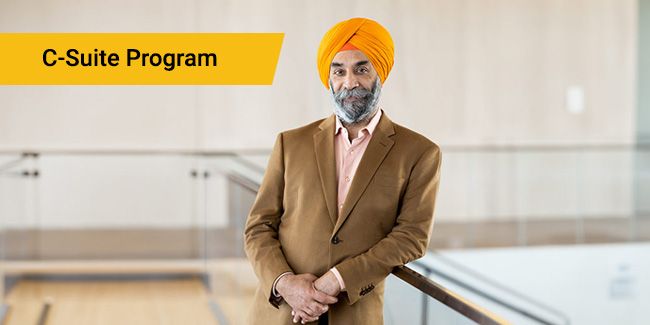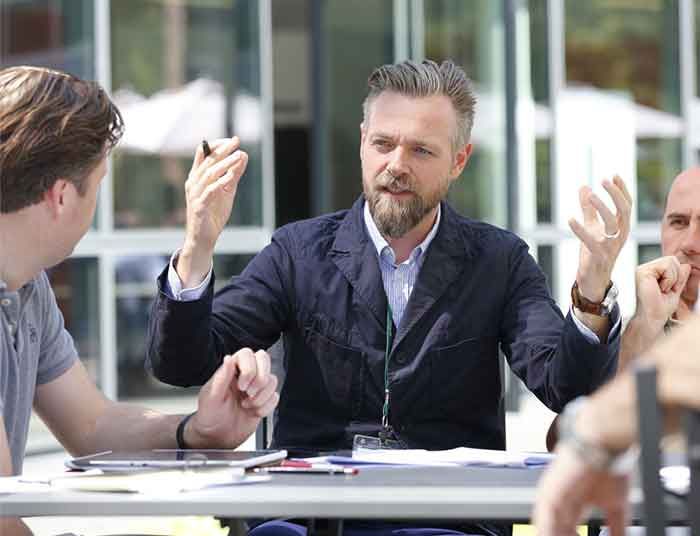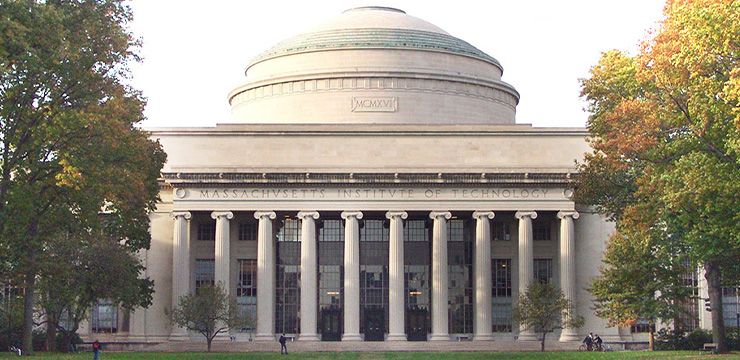5 Best Ethical Leadership Examples to Seek Inspiration From

Do you aspire to be a leader or a manager? Even though these terms are often used interchangeably, there is a fine difference between the two. Being a manager is a job that requires you to oversee people and ensure they are performing their roles correctly. However, leadership is a vast phenomenon. It is a responsibility that goes beyond people management. Leaders need to be charismatic, confident, and, most importantly, ethical. Owing to the materialistic and capitalist world that we live in, most organizations focus on making more money. However, ethical leadership helps organizations gain respect, build customer trust and loyalty, and expand globally. This blog shares the five best ethical leadership examples to seek inspiration.
What is Ethical Leadership?
 Ethical leadership is a leadership style driven by honesty, fairness, integrity, transparency in business, and respect for others. Ethical leaders have a strong moral compass and values. Furthermore they lead by example. The strong values of ethical leaders inspire their teams. Hence, ethical leaders play a critical role in setting collaborative and trustworthy cultures where employees feel valued and driven. Let’s look at some leaders who exemplify this style:
Ethical leadership is a leadership style driven by honesty, fairness, integrity, transparency in business, and respect for others. Ethical leaders have a strong moral compass and values. Furthermore they lead by example. The strong values of ethical leaders inspire their teams. Hence, ethical leaders play a critical role in setting collaborative and trustworthy cultures where employees feel valued and driven. Let’s look at some leaders who exemplify this style:
Example 1: Howard Schultz at Starbucks
Howard Schultz, the former CEO at Starbucks who successfully led the organization for over four decades, is one of the prime examples of ethical leadership. One of the key principles of Schultz’s leadership style is putting employees first. Moreover, under his leadership, Starbucks has significantly contributed to global initiatives
The coffee chain considers its employees as partners, both literally and figuratively. They also have a continuous learning culture and train employees on ethics and moral principles. Starbucks also promotes an open culture and encourages its leaders and partners to ask questions and report acts of concern or misconduct.
Its global human rights statement is “All partners are entitled to work in an environment that is free of harassment, bullying and discrimination.” Moreover, Starbucks also promotes inclusivity and diversity.
That, along with their mantra—“We must be truthful and straightforward in our dealings with the government”—ensures their dealings with foreign country officials go smoothly. Starbucks also has a dedicated ethics and compliance helpline to 24/7 so that its partners and other people can ask queries and report cases of unethical practices or compliance violations.
It achieves the objective of promoting sustainability by sourcing 99% of its coffee ethically. Moreover, it creates an open-source agronomy by bringing together multiple stakeholders such as agronomists and researchers. Starbucks has also donated millions of climate-resilient coffee trees to reduce their carbon footprint.
ALSO READ: Who Made a Better Strategic Leader? Bill Gates or Steve Jobs?
Example 2: Indra Nooyi at PepsiCo
Indira Nooyi, the former CEO and chairman of PepsiCo is one of the most influential leaders in the world and the epitome of ethical leadership. In fact, she was even awarded the 2022 Botwinick Prize in Business Ethics from Columbia Business School.
One of her popular quotes on ethics is, “You have got to have a compass. Your ethics are so important. You can be courageous; communicate beautifully; and have competence, but if you’re downright unethical, no one will follow you.”
As a leader, Nooyi made sure to put her words into practice and launched a strategic initiative called Performance with Purpose (PwP). It focused on three core principles:
Product Transformation
When Nooyi joined PepsiCo, she planned the company’s vision for the next 15 years and decided to transform the product portfolio into healthier options by reducing the percentage of sugar, oil, and fats from beverages and other effects. In fact, the portfolio of healthy products by PepsiCo grew from 38% in 2006 to 50% in 2017.
Environmental Sustainability
The company also focused on environmental sustainability by reducing plastic consumption in the form of bottles and taking other initiatives to reduce the carbon footprint.
People Empowerment
Another key element of the PwP is to upskill and empower employees for growth.
Example 3: Satya Nadella at Microsoft
 The CEO of Microsoft is one of the best examples of powerful and bold leaders paving the path for ethical leadership. According to Nadella, “The bigger a company, the more responsibility its leader has to think about the world, its citizens and their long term opportunities.”
The CEO of Microsoft is one of the best examples of powerful and bold leaders paving the path for ethical leadership. According to Nadella, “The bigger a company, the more responsibility its leader has to think about the world, its citizens and their long term opportunities.”
He is an ardent promoter of sustainability and believes that modern technologies also need an ethical framework. Developers will have to make conscious choices to make inclusive and accessible software.
In 2020, Microsoft announced its sustainability commitments that involve:
- Becoming carbon negative by 2030
- More water replenishment than consumption by 2030
- Zero waste by 2030
- Building a planetary computer and creating more land than they use by 2025
The company has invested in 23.6 million MWH of renewable energy and replenished 61.7 million m3 volumes of water in 2023.
ALSO READ: Who is a Quiet Leader? How to Achieve Success Through Humility
Example 4: Denise Morrison at Campbell Soup Company
Another powerful example of ethical leadership is Denise Morrison, the CEO and President of Campbell Soul Group. Morrison was recognized as one of the inaugural “Heroes of Conscious Capitalism” at the annual CEO Summit in 2017.
One of her quotes that expresses her commitment to ethical leadership is, “To serve as a leader, live a balanced life, and apply ethical principles to make a significant difference.”
According to Morisson, modern startups should align their purpose with consumers’ increasing interest in social responsibility. Morrison transformed the company’s purpose by focusing on real and healthy food. The company started sharing the details of its ingredients and packaging to promote transparency and gain customer loyalty.
Example 5: Paul Polman at Unilever
Another example of exemplary ethical leadership is Paul Polman, the former CEO at Unilever. Polman showed the world that businesses can be both profitable and responsible. During his tenure, the stakeholders’ returns increased by 290%. The most interesting part is that returns increased after 2008, when the world was going through a financial crisis.
The book he co-authored, “Net Positive: How Courageous Companies Thrive by Giving More Than They Take”, focuses on how businesses should adopt corporate social responsibility principles. He also encourages organizations to build effective business models to improve the world.
Polman also says, “We cannot choose between growth and sustainability; we must have both.”
During his leadership, Unilever consistently ranked as the top global company for sustainability. It implemented the Unilever Sustainable Living Plan (USLP) to reduce the company’s carbon footprint by 50%. According to Polman, businesses shouldn’t just aim for sustainability but focus on repairing, restoring, and regenerating the world.
ALSO READ: Climbing the Corporate Ladder: How a Leadership Training Program Can Help
As a business leader, you will often encounter situations where you will have to choose between being fair or making a decision that may not align with your true values. This is where the true test of leadership lies. Individuals who are able to follow an ethical leadership style in a challenging position are leaders in the true sense. However, ethical leadership requires understanding different styles and seeking inspiration from other leaders. Emeritus’ online leadership courses can help you learn and practice different leadership styles through case studies and practical implementation. Enroll and learn what it takes to become a true leader.
Write to us at content@emeritus.org






















